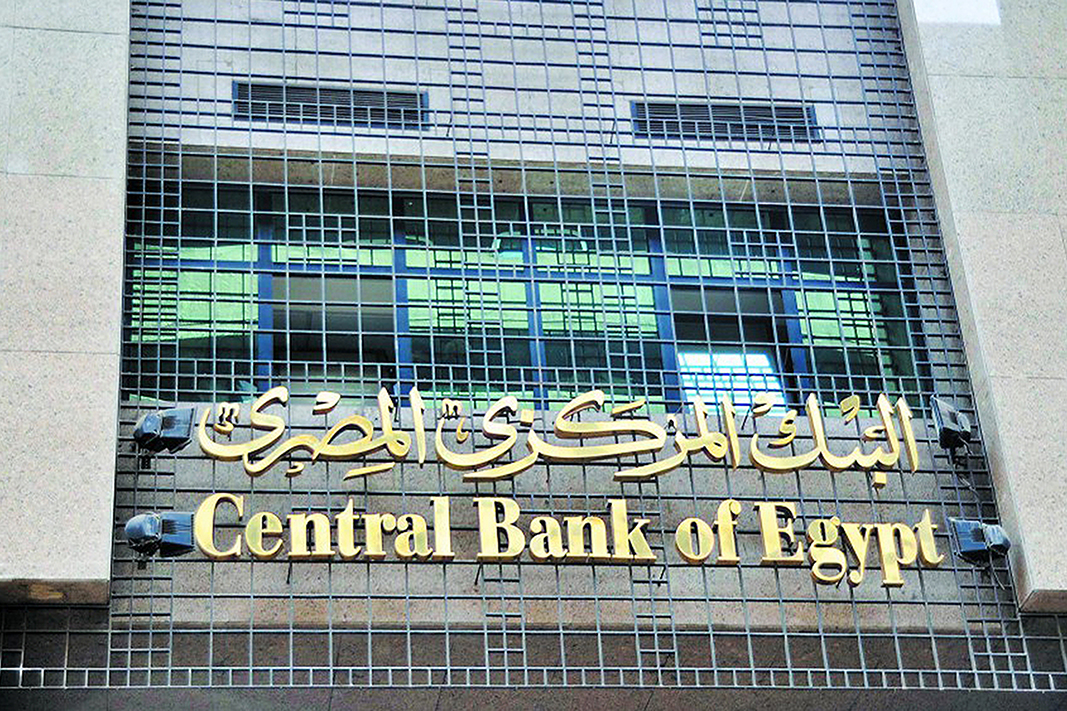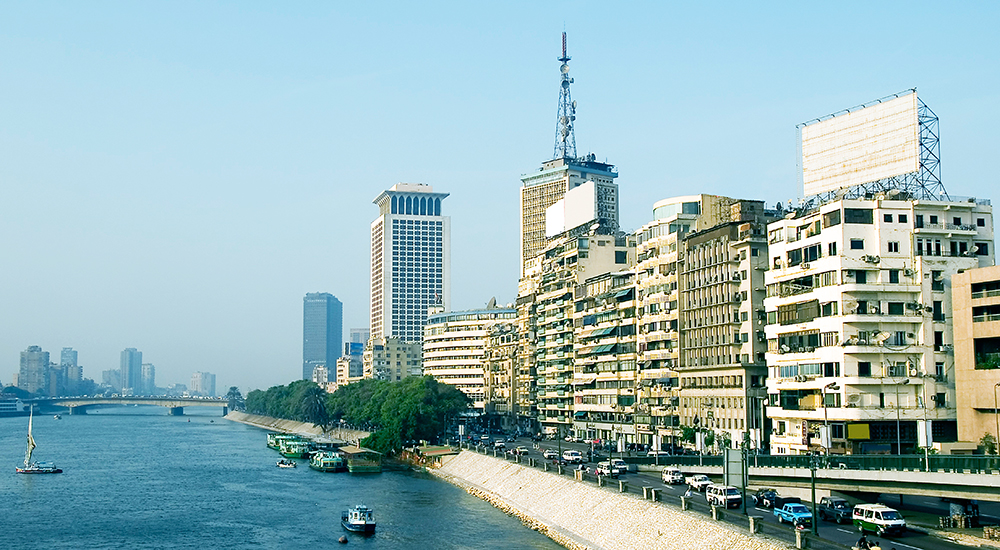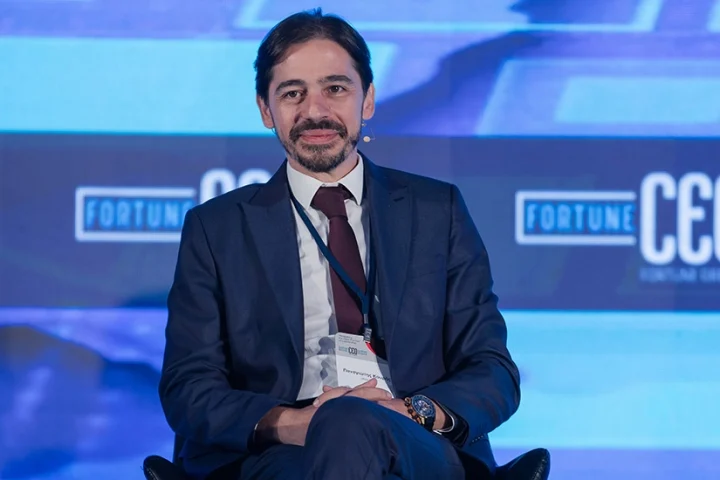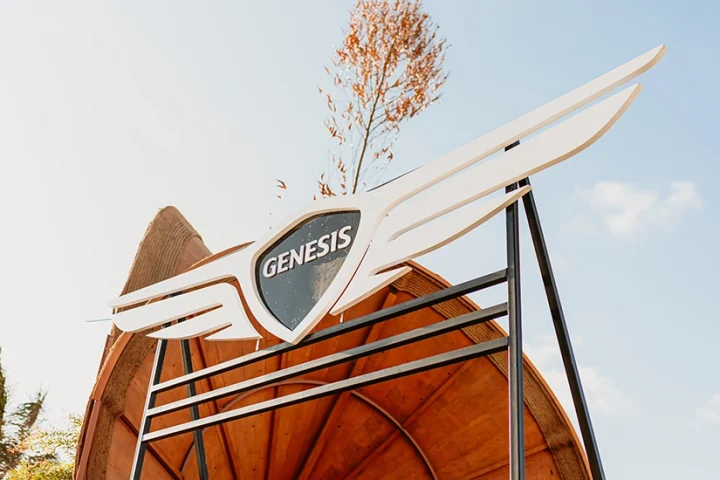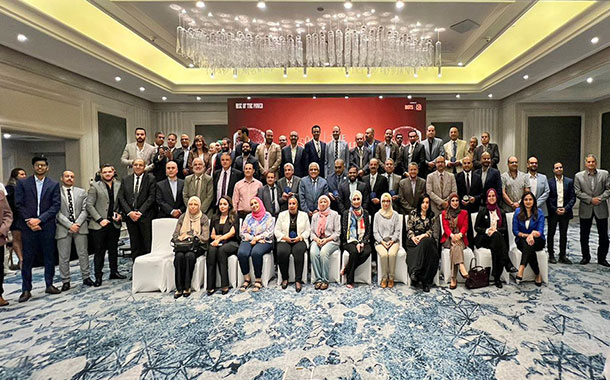Alaris, a Kodak Alaris business, announced that Central Bank of Egypt is on its way to attaining its digital transformation aspirations by digitising 100 million documents using scanners from Alaris, with the aim of scanning another 500 million documents over the next 5 years. The digitisation of documents has resulted in a number of benefits including huge cost savings in terms of storage space, quick and easy document retrieval and completion of certain processes in a few minutes as opposed to weeks.
As an institution that sets the standard for other banks and financial institutions in the country, Central Bank of Egypt decided two years ago to embark on its digital transformation journey. Digitisation of documents was given topmost priority in order to meet regulation, security and compliance demands, reduce costs and to enhance productivity and efficiency.
Kassem Mohamed, Head of Business Technology Development at Central Bank of Egypt says, “In today’s mobile-first era, paper-based processes are no longer viable, and as a forward-thinking organisation, we needed to digitally transform our information management strategies to improve operational efficiency and ensure profitable growth.”
“We had over 500 million documents, that were stored in three warehouses, that had to be retained as per regulatory requirements. Not only was there a huge storage cost, but these documents were at risk of damage and loss. There was a lot of sensitive and confidential information within those documents and the paper handling process itself was unsecure, which threw up cyber security challenges.”
“Finally, it was a very difficult and time-consuming process trying to retrieve a particular document. Digitising these documents and implementing an Enterprise Content Management system was imperative. Electronic storage is a lot faster, easier, cheaper and more reliable. If you have a warehouse fire, your documents are gone. But if you have files on a server that is backed up, you cannot lose them.”
Kassem and his team reached out to Microfilm Egypt, an Alaris partner and a leading IT solutions company specialising in document management, archival and business process management solutions. The project would be completed in 2 phases. The first phase would involve backlog scanning of 100 million documents, followed by another 500 million documents in the next phase as well as implementation of an ECM solution.
Based on the high volume of the scanning job as well as the emphasis on productivity and accuracy, 20 scanners were used in the first phase of the project. An archive writer was used simultaneously to convert the digital images to microfilm to be stored for the long term.
The digitised files are stored in an Oracle database. The scanning and capture solution integrates with other business systems and all the data stored is encrypted and digitally signed. The first phase of the project has been completed with 100 million documents scanned and digitised in a period of 2 years. The digitisation of documents has resulted in huge cost savings in terms of storage space. Document retrieval now takes just a few clicks. Processes that once took weeks are now completed in a few minutes.
Having successfully completed the first phase of the project, Microfilm Egypt will now start work on digitising 500 million documents over the next 5 years. Considering the mammoth task, the company has recommended that more units of Alaris scanners be commissioned.
The next stage will also involve the implementation of an Enterprise Content Management solution including designing workflows and applying business analytics and intelligence to the data. This will undoubtedly enhance efficiency of operations and aid quick e-retrieval of documents, thus saving precious time and energy manually sifting through stacks of papers.
Speaking about the efficiency of the scanners from Alaris, Hend Salah, Area Manager, Foreign Relation Department at Microfilm Egypt says, “We chose the scanners from Alaris because it combines simple operation and time-saving features in a remarkably small and powerful form factor. The scanner’s super-sharp image quality makes it easy to capture information accurately and the durability of the scanner is unparalleled in the market.”
“We were using each machine to scan around 15,000 pages per day. Despite running non-stop along with the archive writer for two years, the scanners worked flawlessly, with zero downtime and with a very high scan quality. This is a tremendous achievement, that allowed us to deliver the first phase of the project to Central Bank of Egypt on time.”
Key takeaways
- The first phase has been completed with 100 million documents scanned and digitised in a period of 2 years.
- Based on volume of scanning 20 scanners were used in the first phase of the project.
- Archive writer was used simultaneously to convert digital images to microfilm.
- The digitised files are stored in an Oracle database.
- Scanning and capture solution integrates with other business systems.
- All the data stored is encrypted and digitally signed.
- Digitisation of documents has resulted in cost savings in terms of storage space.
- The next stage will involve implementation of enterprise content management including workflows and analytics.
- Central Bank of Egypt decided two years ago to embark on its digital transformation journey.
